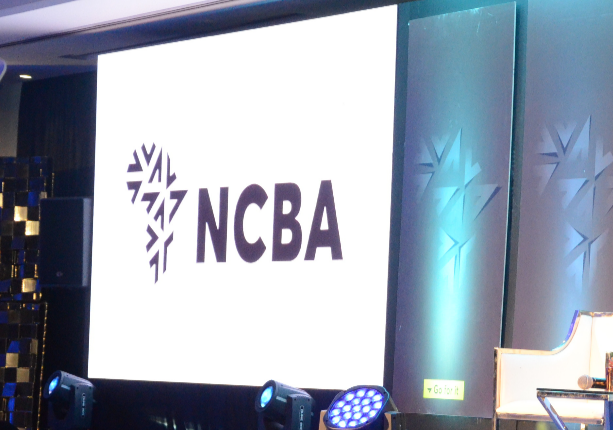The NCBA Group has suffered a significant legal setback after the High Court dismissed its attempt to suspend a ruling that nullified the stamp duty exemption granted during its 2019 merger with NIC Bank.
Justice Chacha Mwita ruled that the bank had not demonstrated that it would suffer irreparable loss if the judgment was allowed to take effect while the appeal process is ongoing.
The decision now increases pressure on NCBA, which could be forced to pay over KSh 384 million in stamp duty to the Kenya Revenue Authority (KRA), unless the Court of Appeal grants relief.
High Court Earlier Declared the Waiver Illegal
Earlier this year, the court found that the stamp duty waiver issued during the merger was unconstitutional and unlawful. The judge held that the exemption violated:
- The Stamp Duty Act, and
- The Constitution, particularly provisions governing public revenue management.
The ruling stemmed from a petition filed by Senator Okiya Omtatah, who argued that:
- The exemption lacked mandatory parliamentary approval,
- It breached public finance laws, and
- It amounted to an abuse of power by the National Treasury.
The court agreed, saying that an exemption of such magnitude must undergo legislative scrutiny.
NCBA: Waiver Was Legal and in Public Interest
Following the adverse judgment, NCBA filed an application seeking to stay the ruling, arguing that enforcing it would have major financial implications and disrupt operations.
The bank maintained that:
- The waiver had been issued lawfully,
- It served the public interest by facilitating a major financial sector merger, and
- The National Treasury itself supported the exemption as a necessary step toward strengthening the banking sector.
Despite this, the High Court dismissed the request, saying NCBA failed to prove the likelihood of irreversible harm.
What Happens Next for NCBA?
With the stay application rejected, NCBA faces a possible obligation to pay KSh 384 million in stamp duty—unless the Court of Appeal steps in.
Legal analysts note that:
- KRA may demand payment immediately,
- NCBA’s appeal could take months to conclude, and
- The case sets a precedent for how tax exemptions tied to mergers are handled.
The bank has already indicated its intention to pursue the matter at the appellate level.
Why This Ruling Matters
This decision is significant for several reasons:
1. It challenges the discretion of the National Treasury
The ruling reinforces that tax waivers require parliamentary oversight, even when granted by the Cabinet or Treasury.
2. It raises compliance concerns for future mergers
Banks and corporates seeking exemptions must now ensure stronger legal backing and transparent approval processes.
3. It could reshape public finance accountability
The case underscores the growing judicial scrutiny over tax incentives and public revenue management.
